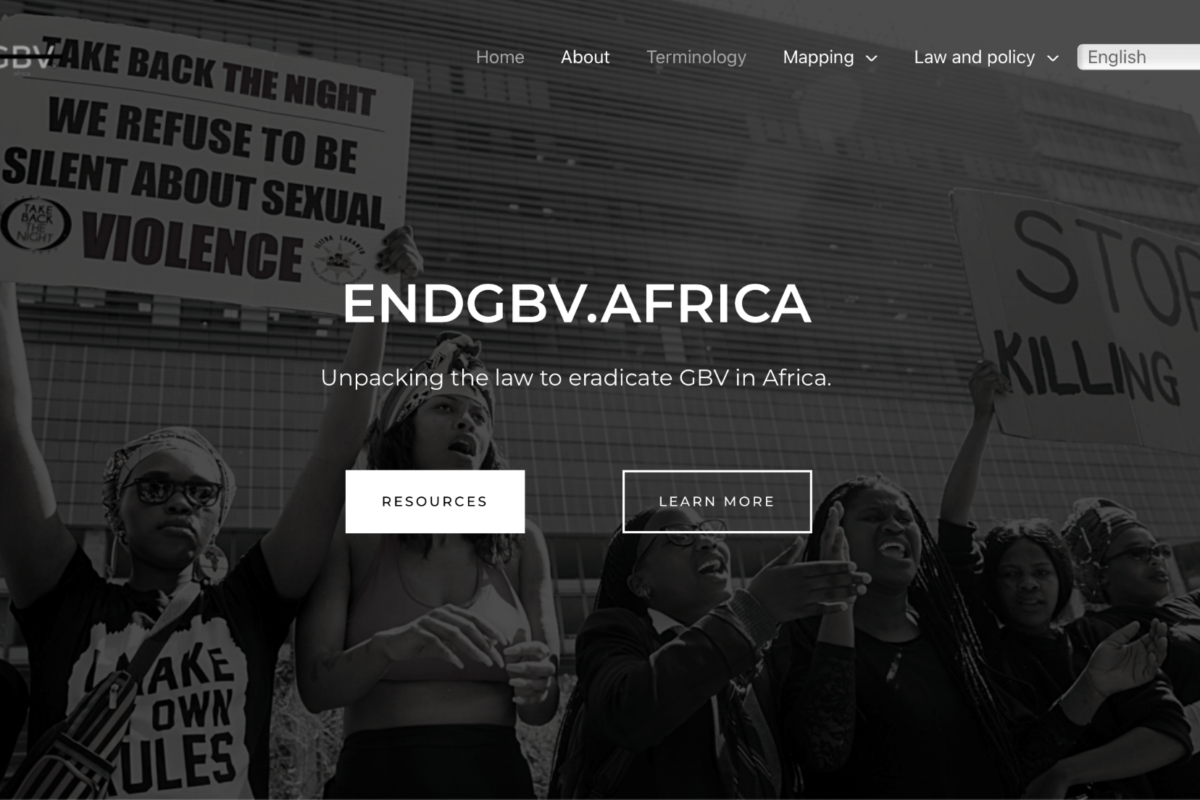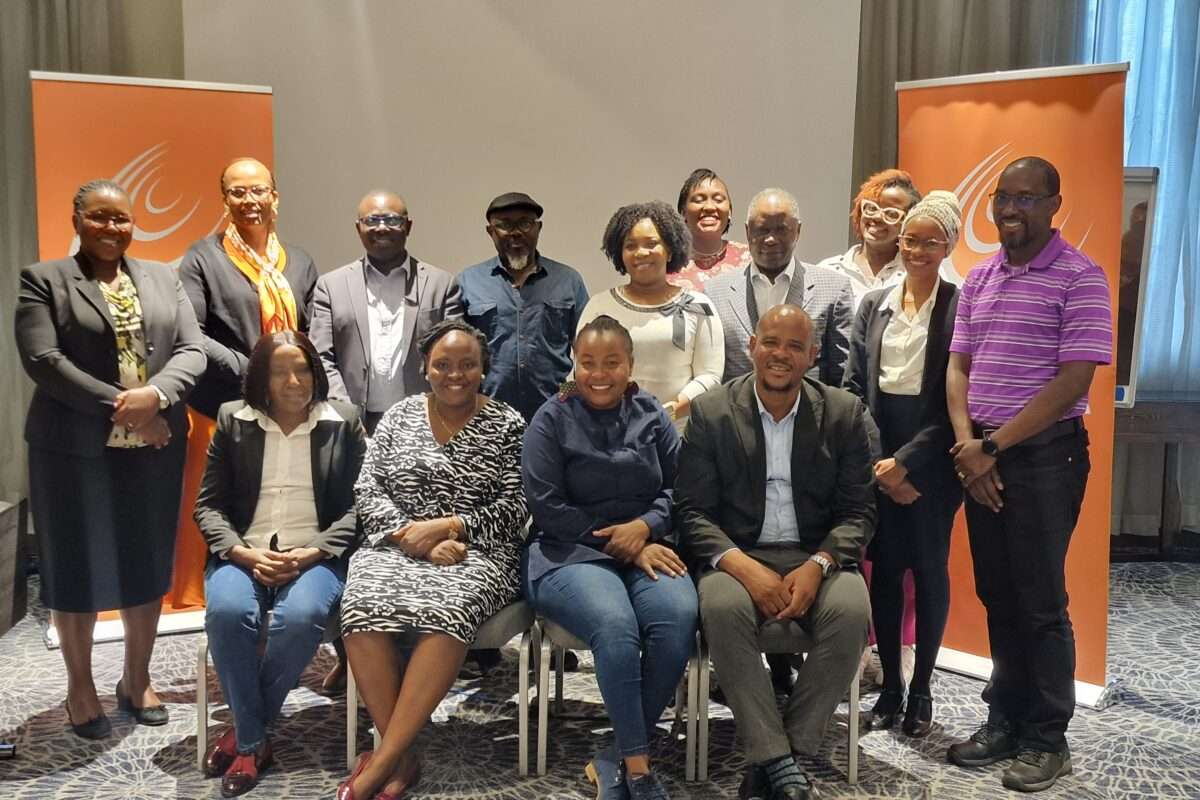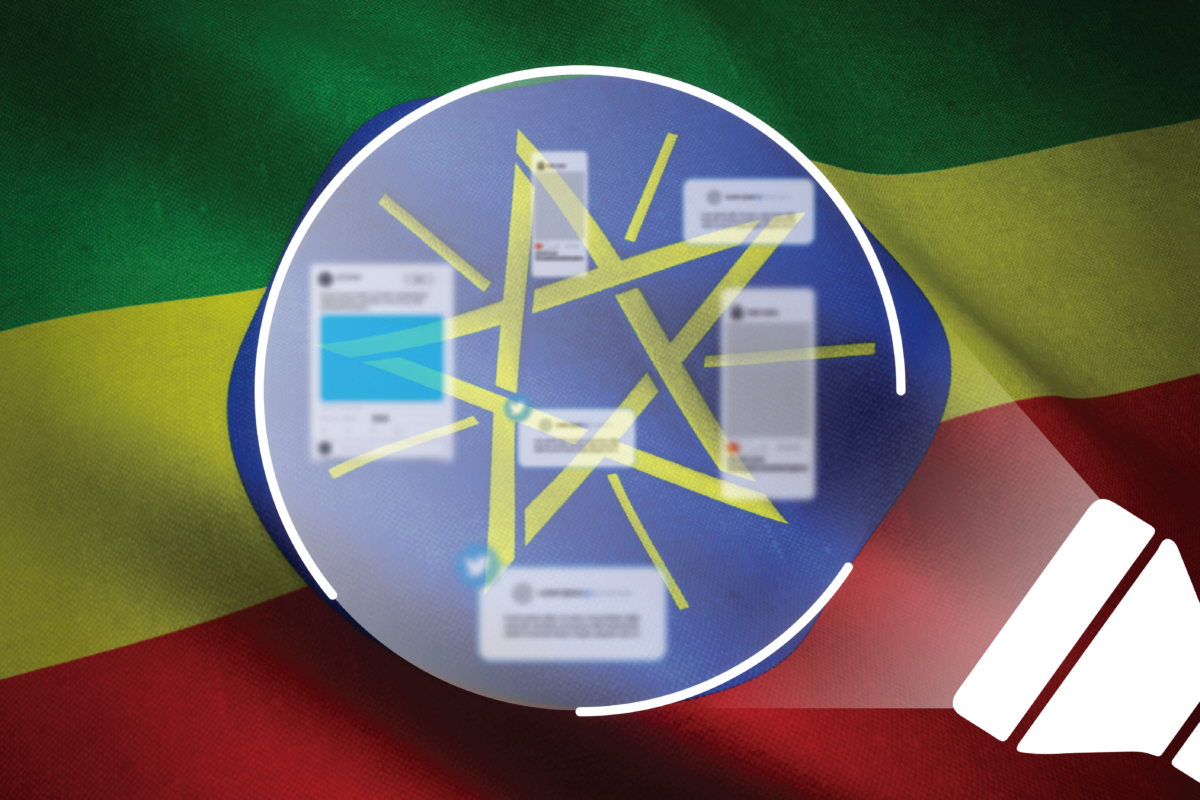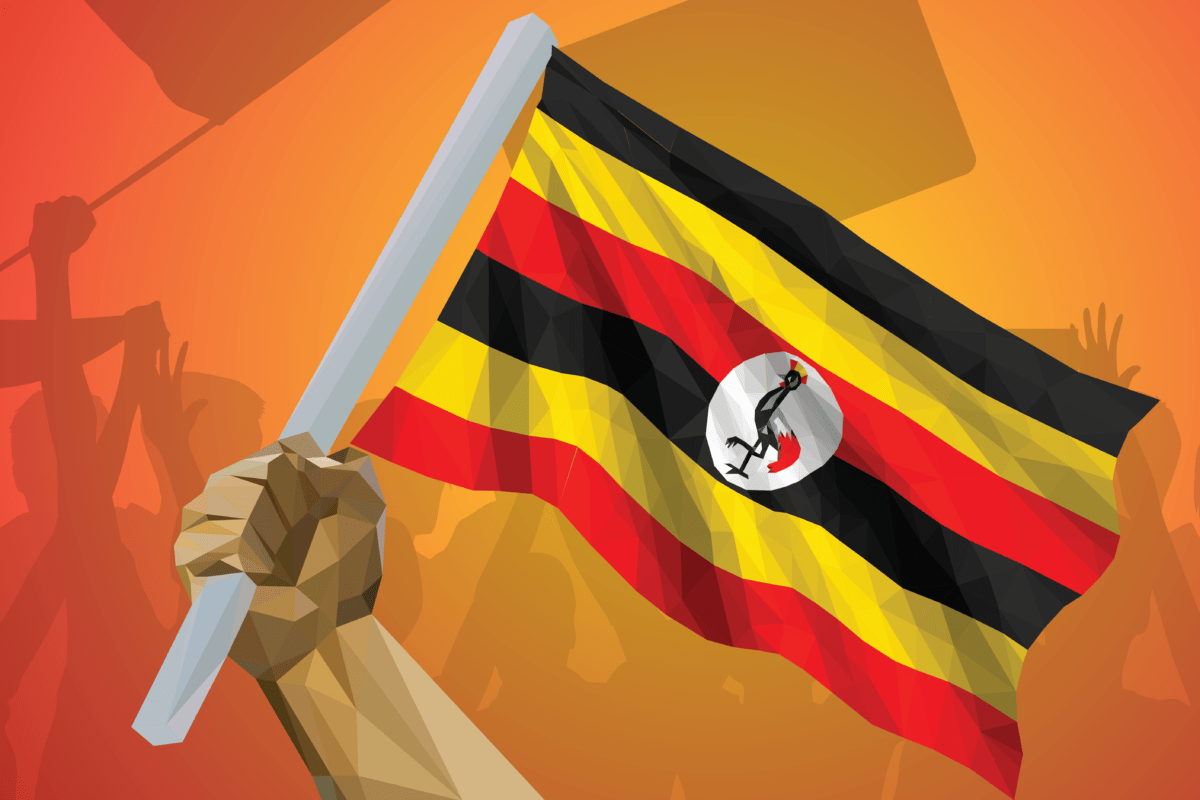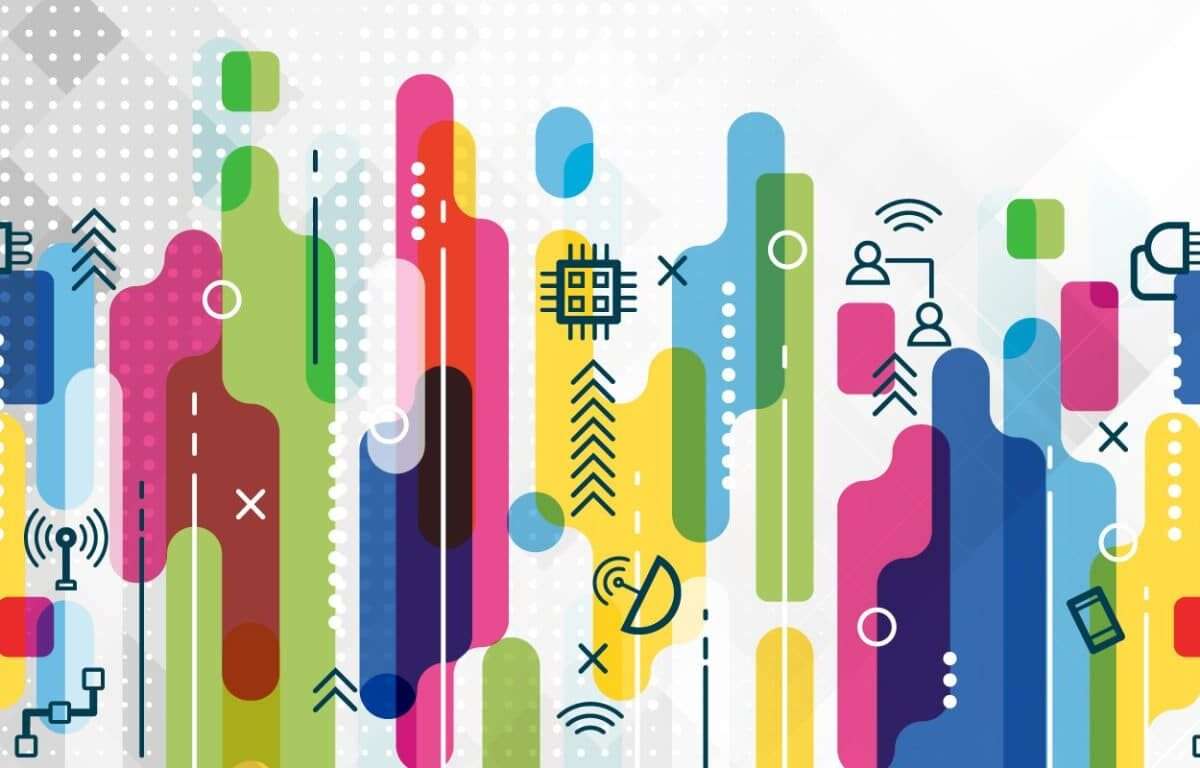Update |
The Covid-19 pandemic was characterised by a sharp increase in gender-based violence (GBV) in Kenya, Nigeria, and South Africa, as well as other countries across the world. This was largely attributed to lockdown restrictions, which left victims isolated in the same physical space as their abusers, reduced availability of shelters and other support mechanisms, and exacerbated economic anxiety and mental health pressures – all key drivers of GBV.
The pandemic also accelerated digitalisation, which widened the scope of Technology-Facilitated Gender-Based Violence (TFGBV). According to UN Women, in Africa, online abuse, harassment and exploitation increased as learning went online during the pandemic. Similar concerns about online harms are discussed in the African Union Guidelines on Gender-Responsive Responses to COVID-19.
Alt Advisory, a South Africa based public interest advisory firm, launched the endgbv.africa as a resource on domestic and international responses to GBV online and offline before, during and after the pandemic. At the time of its launch in 2022, the portal featured GBV mapping and assessments on the legal and policy developments, trends and statistics as well as key terminologies on six African countries – Malawi, Mozambique, Namibia, South Africa, Zambia, and Zimbabwe.
With a grant from the Africa Digital Rights Fund (ADRF) – an initiative of the Collaboration on International ICT Policy for East and Southern Africa (CIPESA) – Alt Advisory has revamped and expanded the portal to cover an additional seven countries – Eswatini, Ethiopia, Ghana, Kenya, Mauritius, Nigeria and Uganda. The project has also featured a spotlight series on experiences of sexual minorities in Botswana and Uganda.
The new seven country factsheets were developed in collaboration with researchers from various fields, with multidisciplinary perspectives regarding GBV, thereby expanding the breadth of information relating to organisations and movements hitherto unknown due to varied degrees of online visibility. This collaborative approach has strengthened the regional network of gender rights advocates beyond national borders.
“Our hope is that the project’s focus on TFGBV enabled researchers to develop their own insights on emergent forms of harm which may potentially enrich future policy advocacy in their contexts,” said S’lindile Khumalo, a Senior Associate at Alt Advisory.
Alt Advisory’s Equity and Inclusion as well as Media teams are working to publicise the portal to maximise uptake and impact. The firm will also continue to fundraise to expand the portal’s coverage to the full African continent and translate the resources to increase relevance and accessibility to a diversity of audiences. All this, in tandem with efforts in law and policy reform, advocacy, and activism on GBV and related issues. “As the portal undergoes further development, we hope that it contributes to the end of GBV in our lifetime,” concluded Khumalo.

